- Accessibility Options:
- Skip to Content
- Skip to Search
- Skip to footer
- Office of Disability Services
- Request Assistance
- 305-284-2374
- Display:
- Default
- High Contrast
- Apply
- About UM
- Give to UM
-
Schools
- School of Architecture
- College of Arts and Sciences
- Miami Herbert Business School
- School of Communication
- School of Education and Human Development
- College of Engineering
- School of Law
- Rosenstiel School of Marine, Atmospheric, and Earth Science
- Miller School of Medicine
- Frost School of Music
- School of Nursing and Health Studies
- The Graduate School
- Division of Continuing and International Education
- Alumni
- Application and Admissions
- Course Offerings
- Job Placement and Awards
- Guide to PhD in English Literature
- Caribbean Studies Concentration
- Digital Humanities Certificate
- Medieval and Early Modern Concentration
- Research Groups
- Current PhD Students
- UGrow - Graduate Opportunities at Work
- English Graduate Organization (EGO)
- PhD Dissertations
- Ph.D. Publications
-
Undergraduate
-
-
Graduate
- Course Offerings
- Research Groups
- Job Placement and Awards
- Guide to PhD in English
- Caribbean Studies Concentration
- Digital Humanities Certificate
- Medieval and Early Modern Concentration
- UGrow
- People
-
Creative Writing
- Director's Message
- Master of Fine Arts
- MFA Program Guide
- Undergraduate
- Creative Writing Faculty
- Alumni Publications
- Give
- Contact Us
- Application and Admissions
- Course Offerings
- Job Placement and Awards
- Guide to PhD in English Literature
- Caribbean Studies Concentration
- Digital Humanities Certificate
- Medieval and Early Modern Concentration
- Research Groups
- Current PhD Students
- UGrow - Graduate Opportunities at Work
- English Graduate Organization (EGO)
- PhD Dissertations
- Ph.D. Publications



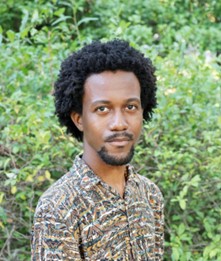 Dissertation:
Dissertation: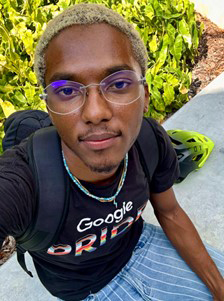 Dissertation:
Dissertation: 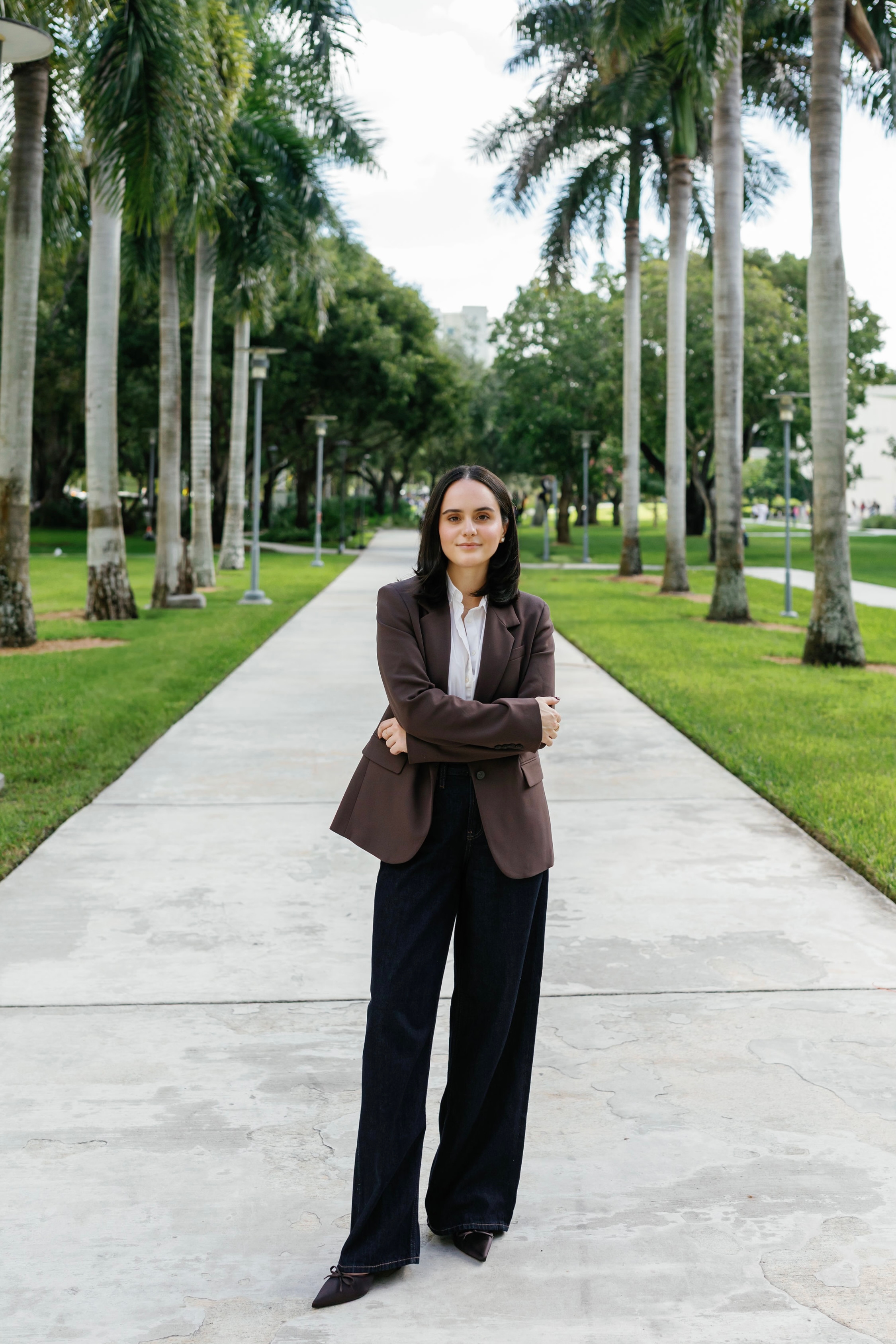

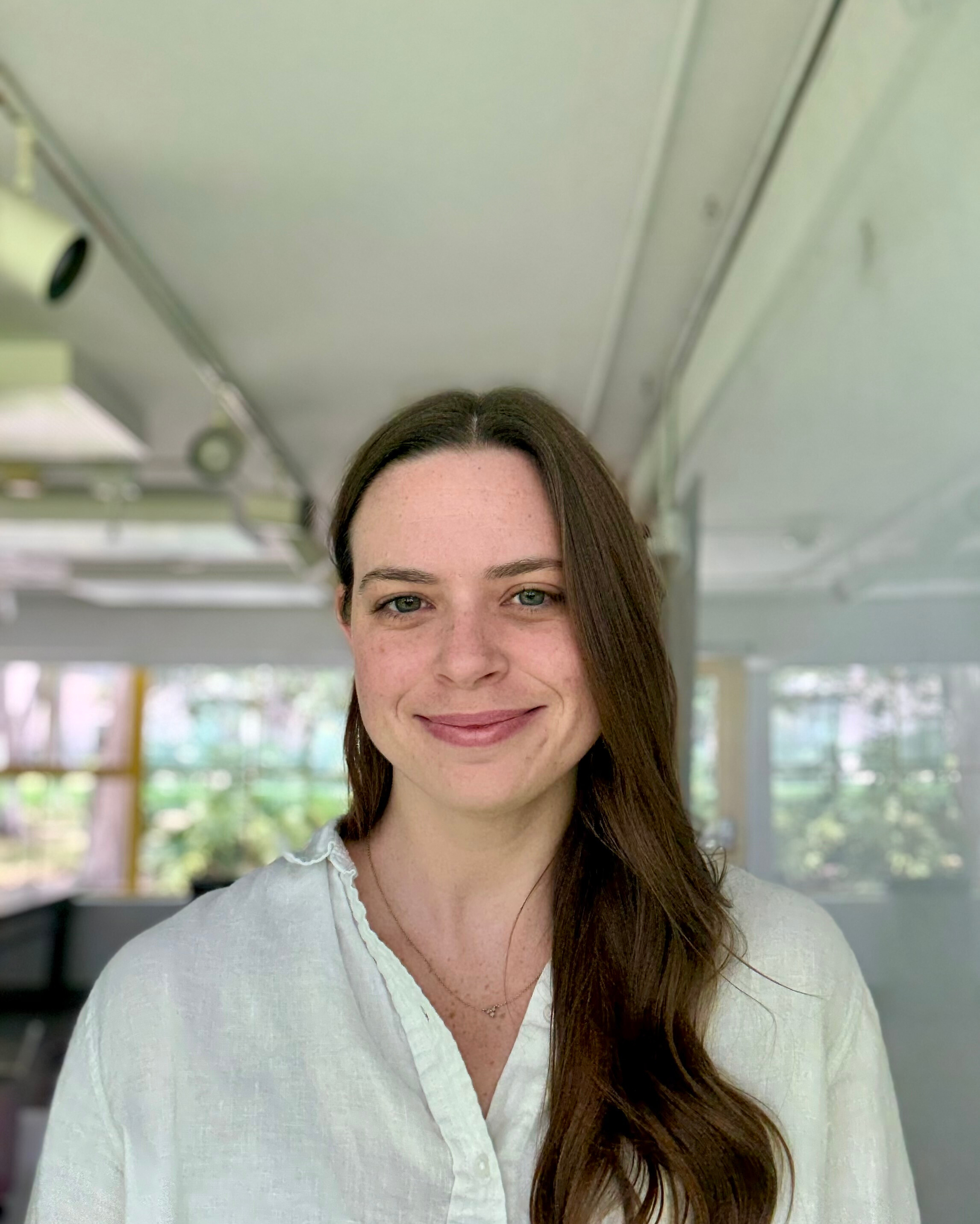
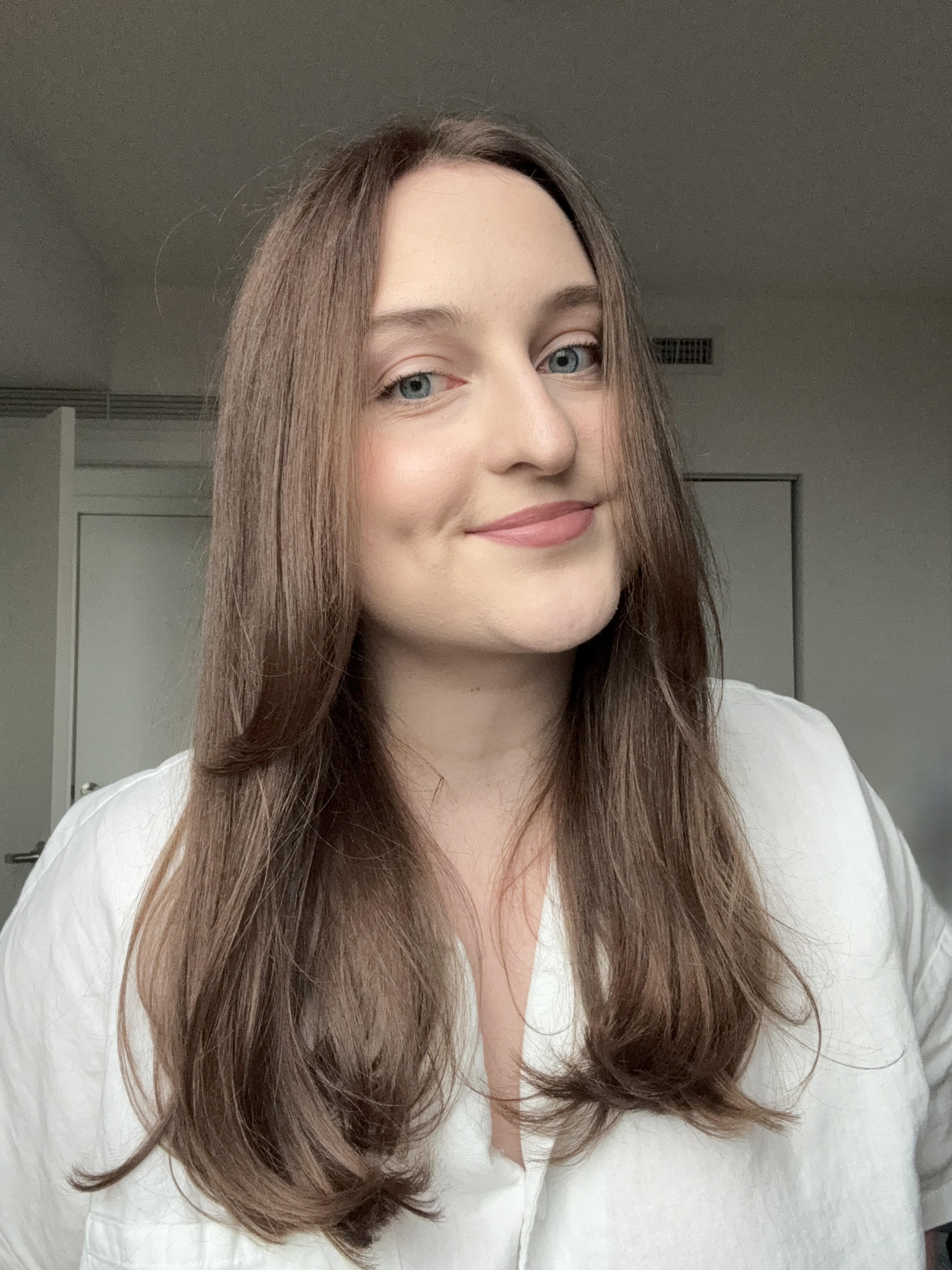
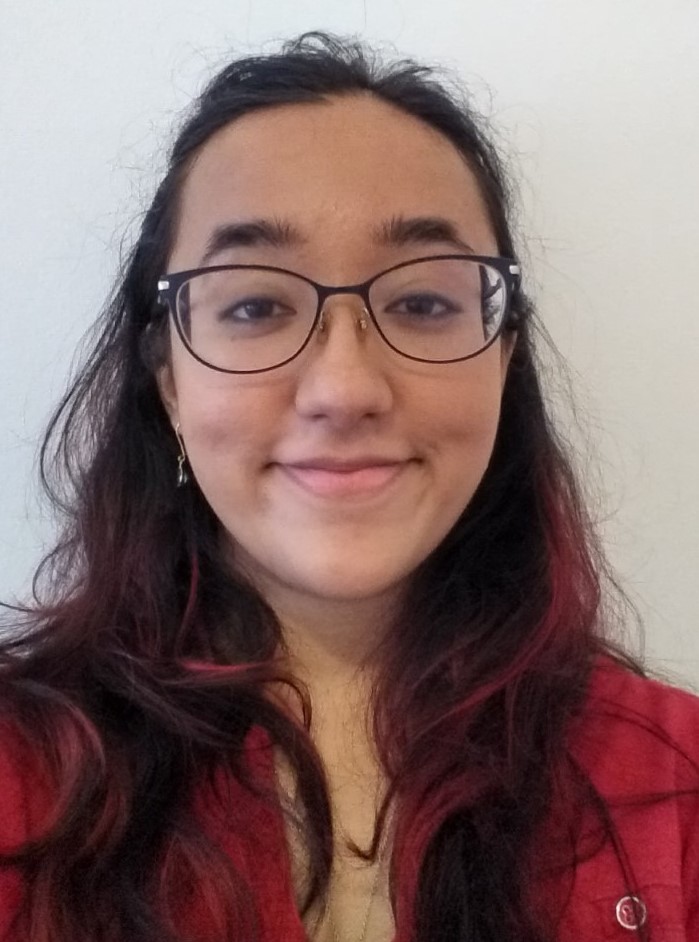
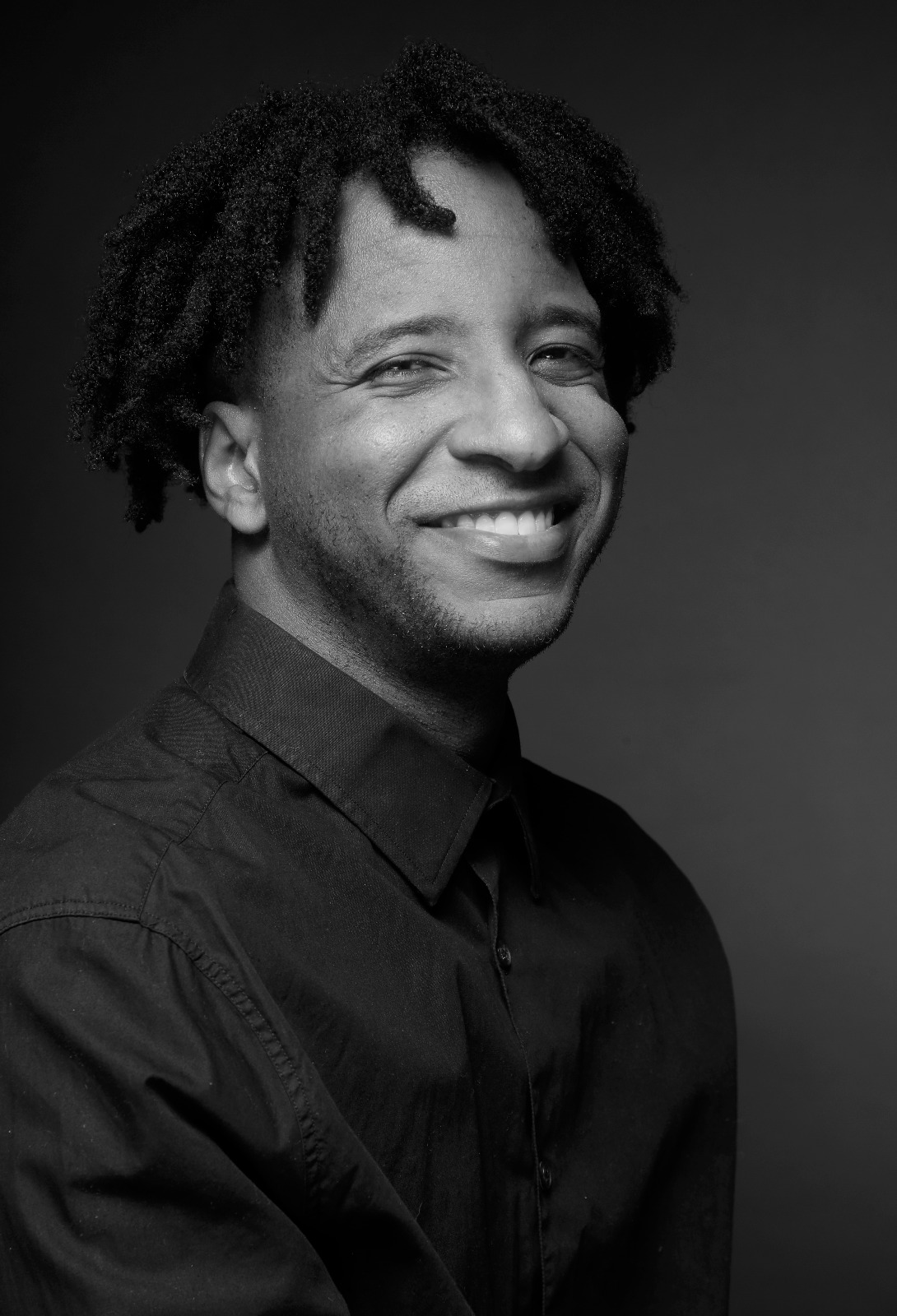
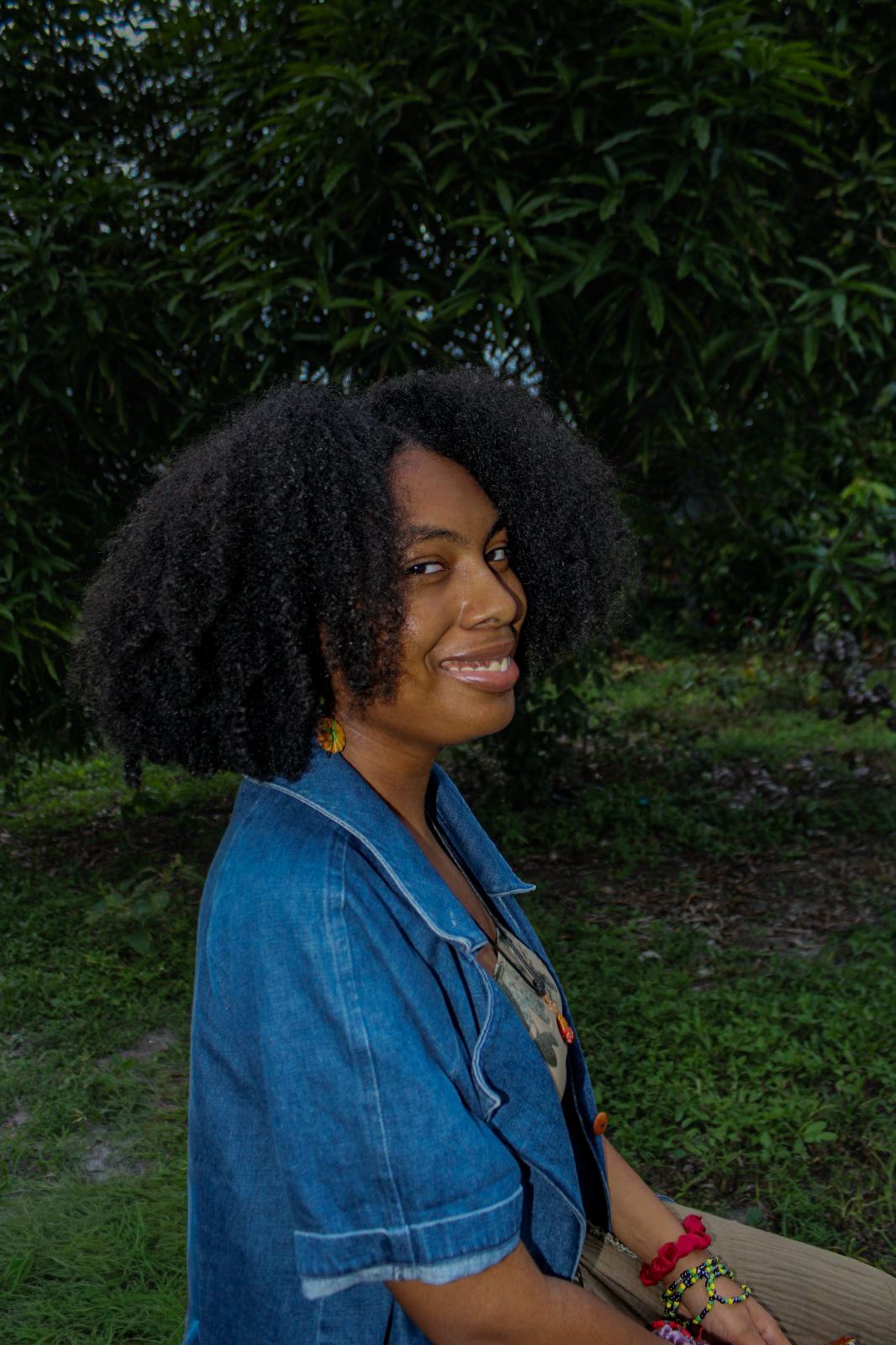
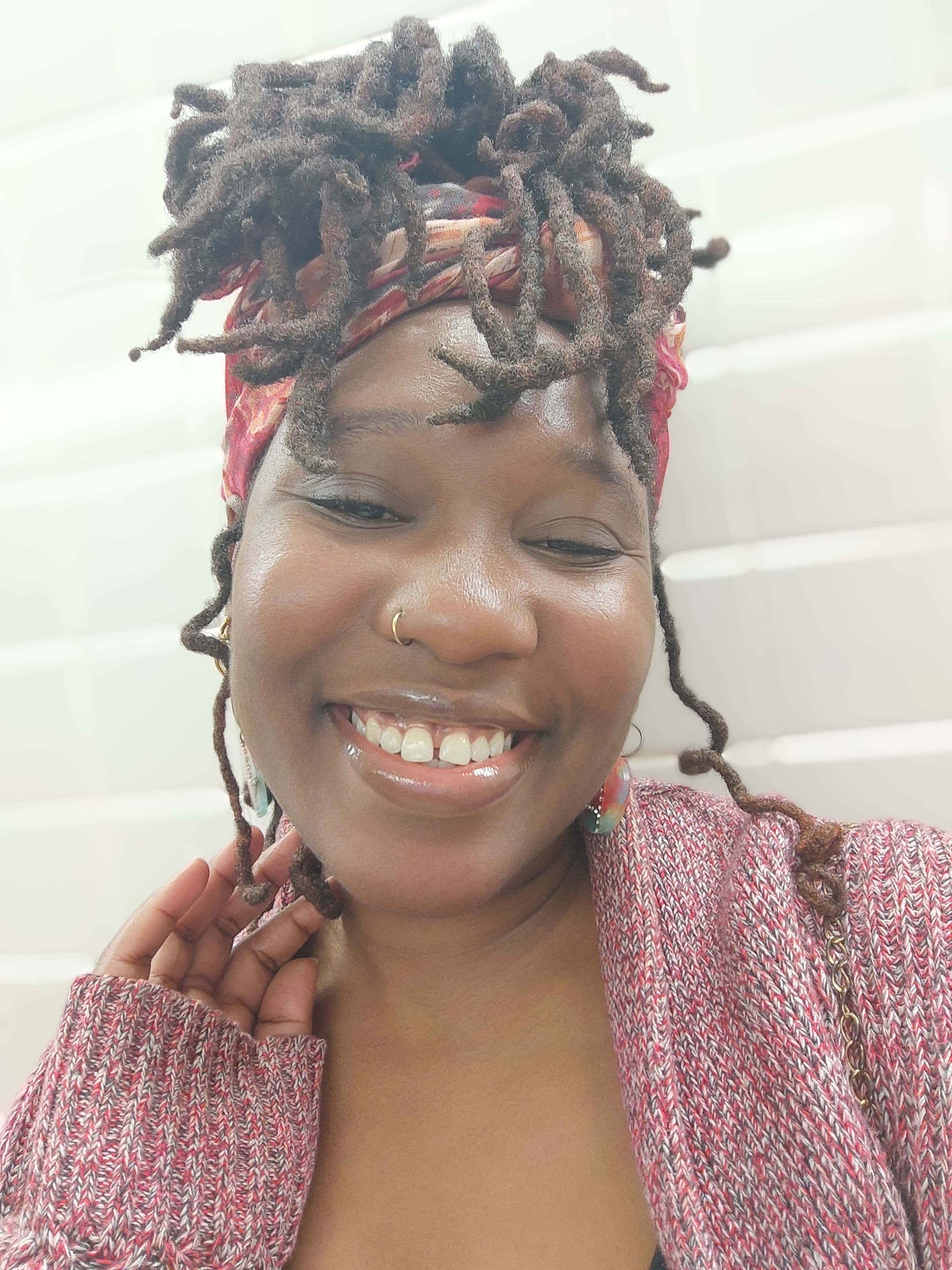
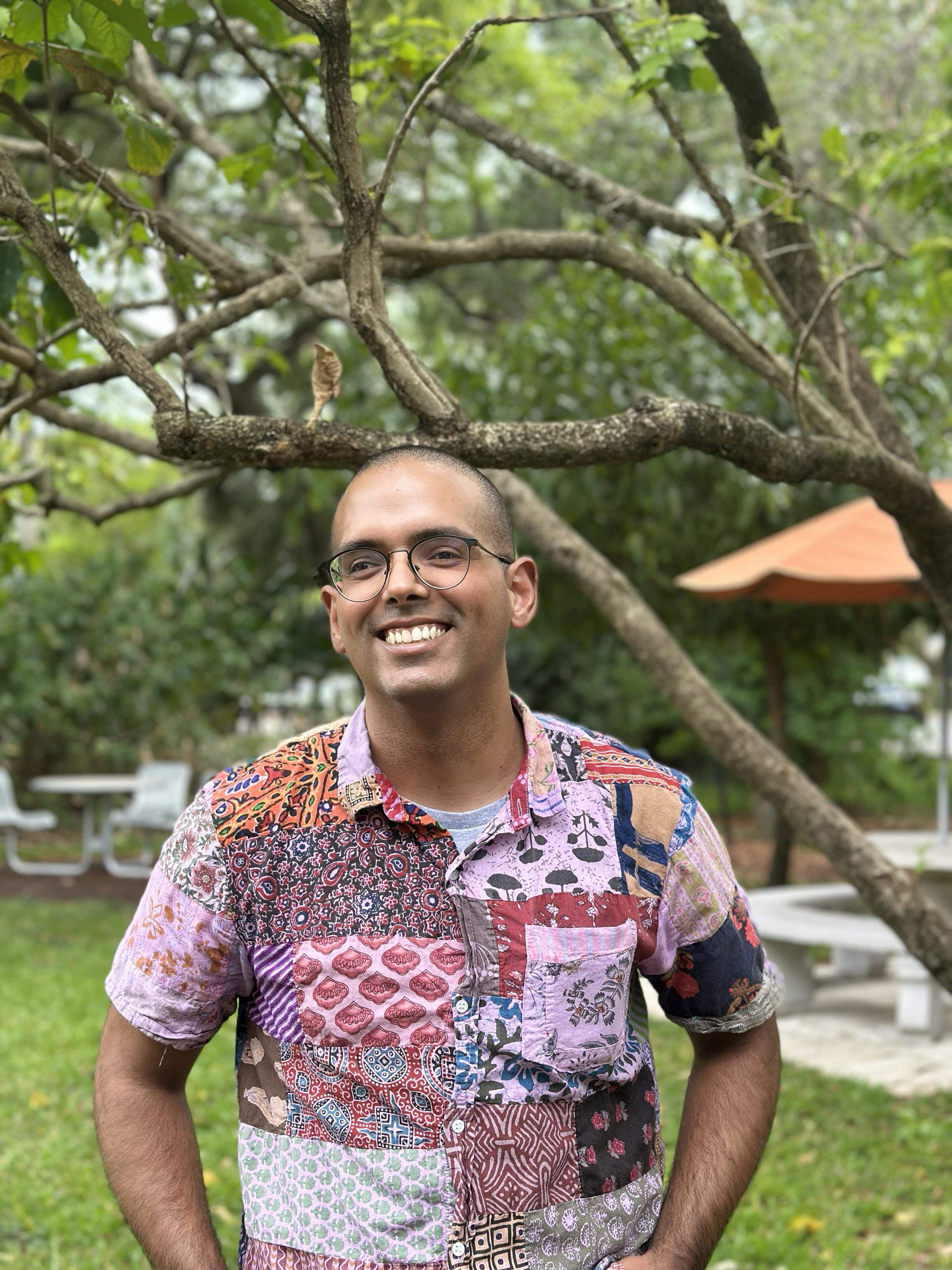
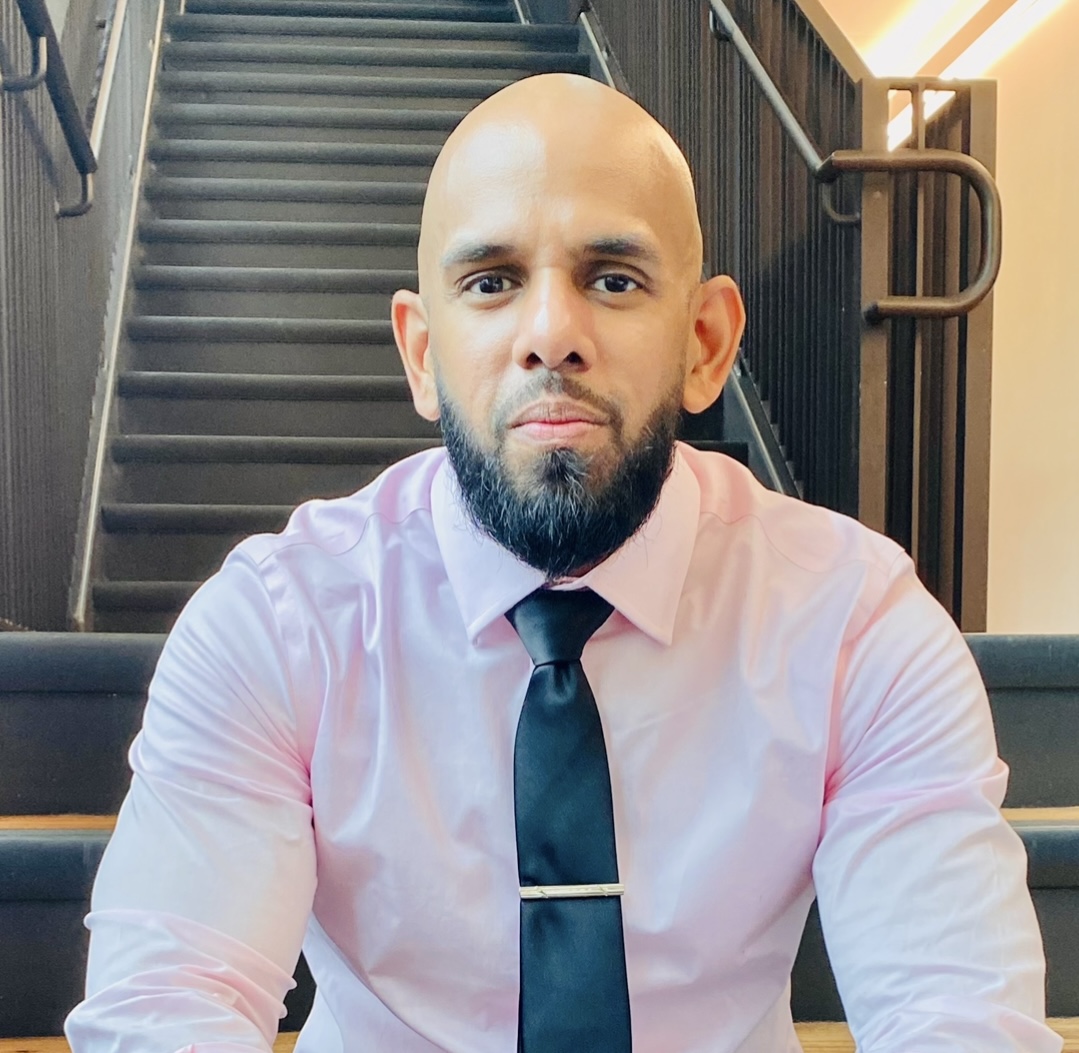
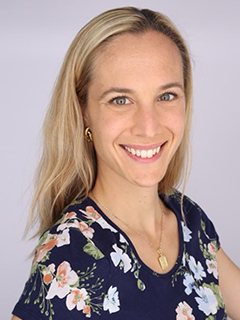 Dissertation:
Dissertation: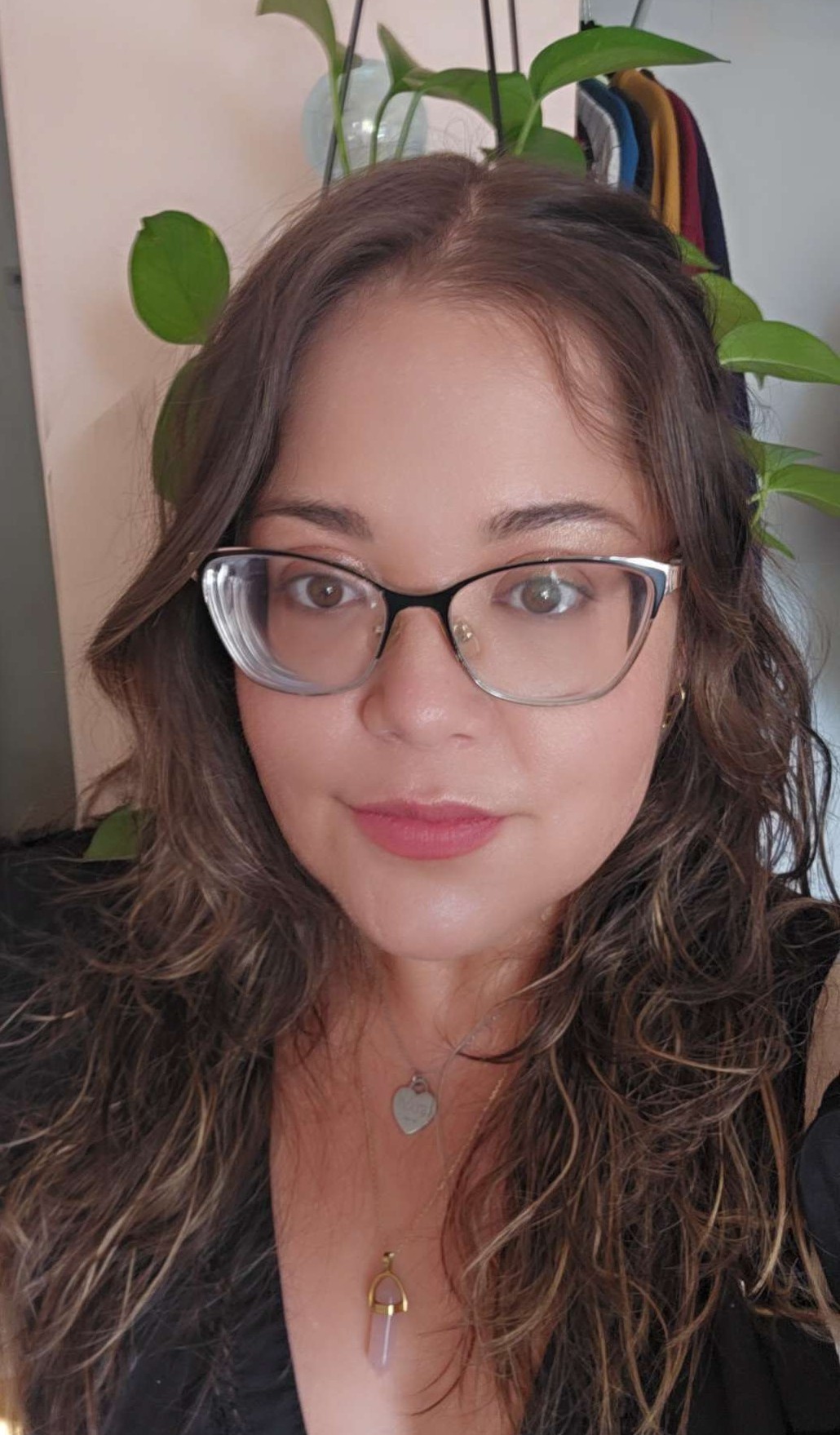
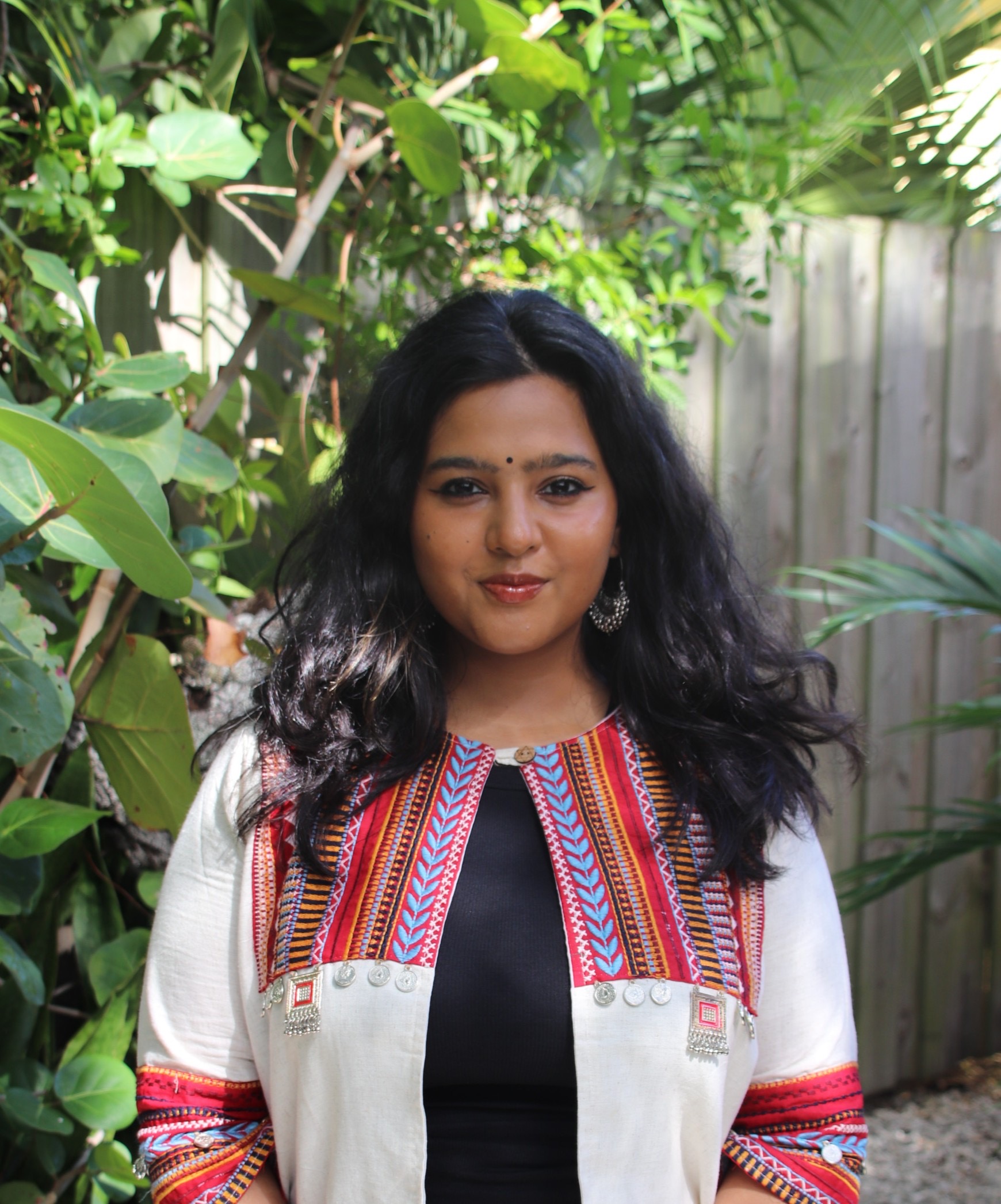
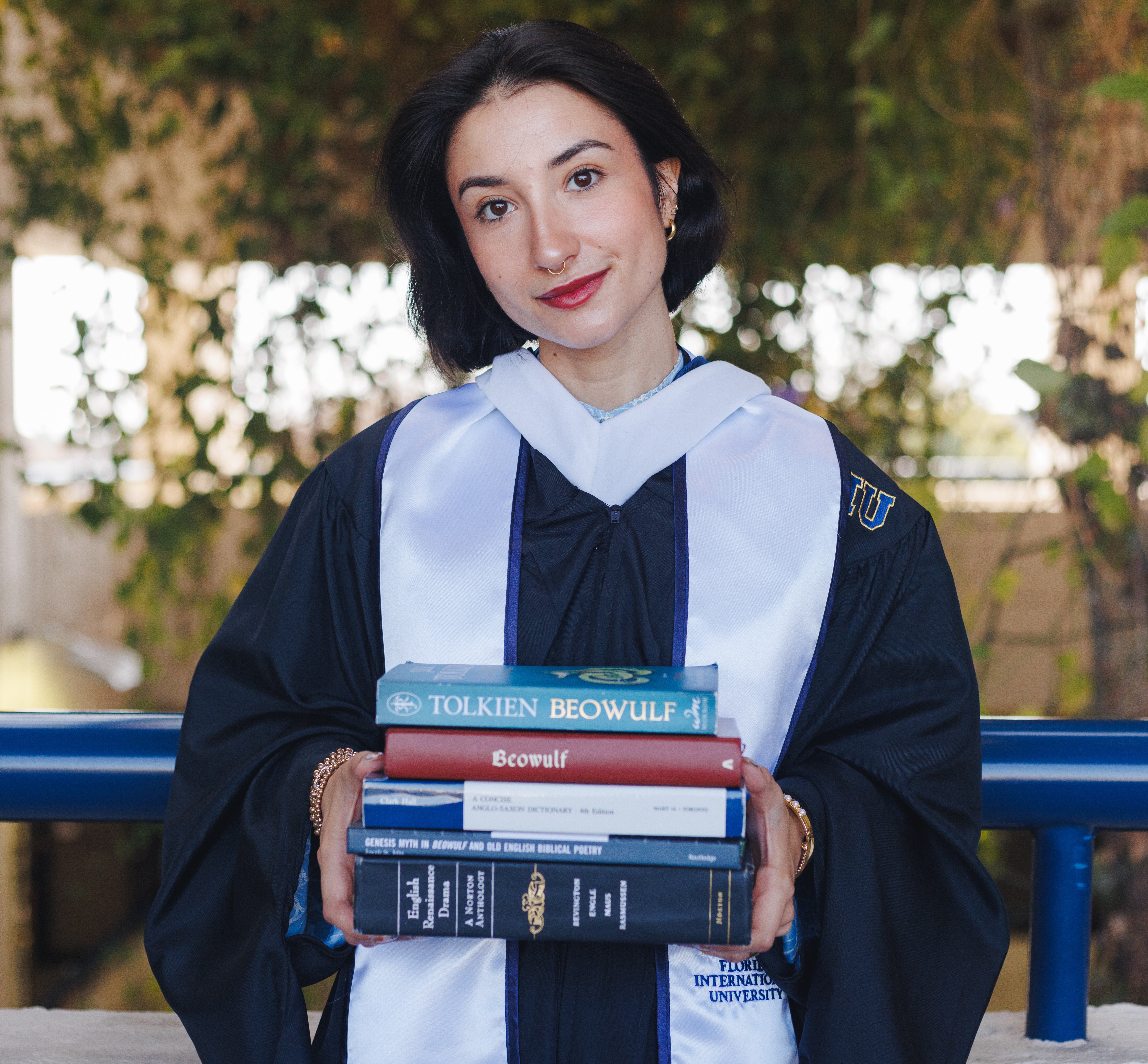
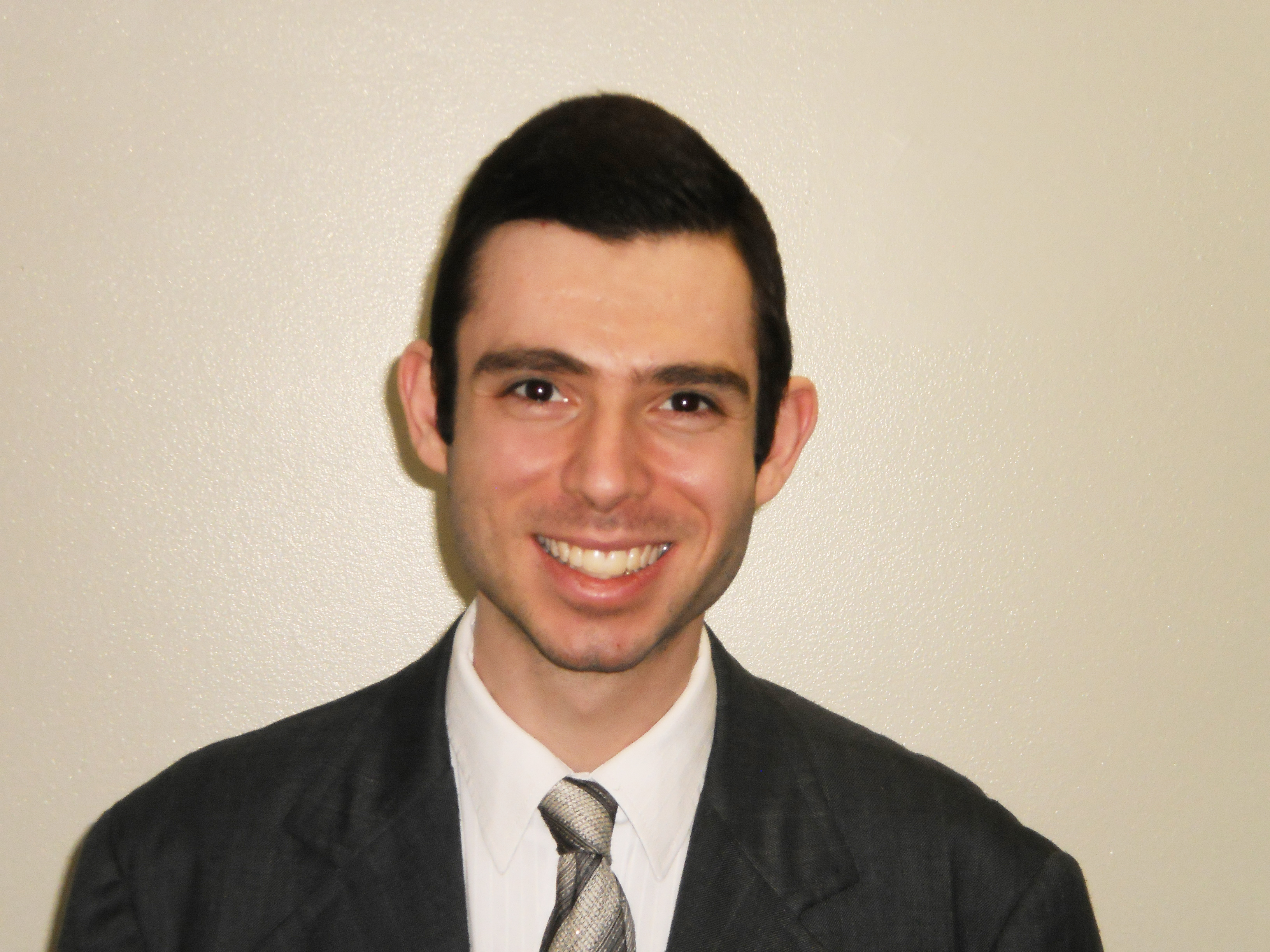
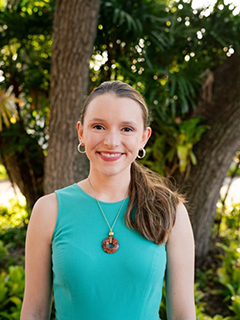 Fields:
Fields: 